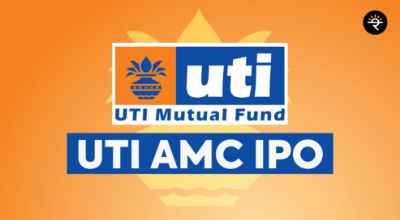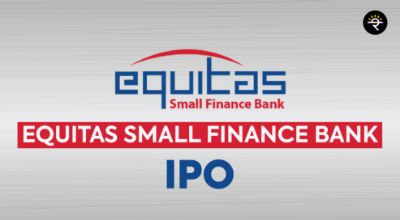In an IPO flurry, we all have heard that this stock is having an 80% GMP, the other stock has a GMP of only 15% and the likes.
But what does GMP actually mean and is it even legal?
Let’s take an example – People apply for a blockbuster IPO and know for sure that it’s going to have a super listing - but many of the times they don’t get an allotment, especially in such rockstar IPO’s.
So, what do they do to enjoy the listing gains of such IPO’s?
Here comes the answer. They deal in the Grey Market.
A Grey Market, also known as a parallel market, is one where trading takes place outside the realm of official trading channels. Since this is an unofficial market, there are no rules and regulations. Market regulators like SEBI are not involved in these transactions and they don’t endorse this either.
Now, Grey Market Premium is nothing but the price at which the shares are being traded in the grey market. For instance, let’s assume the issue price for stock XYZ is Rs. 150 and the GMP is Rs. 100, it means that people are ready to buy the shares of company XYZ for Rs. 250, which implies that they expect the IPO listing price to be even above Rs. 250 and hence they will make a gain out of this transaction.











